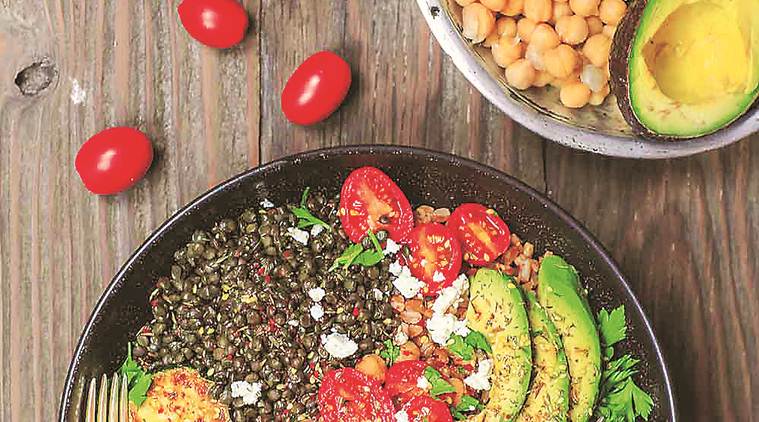
There is no magic bullet for fighting flab. The truth is, it is simply impossible to oversimplify or package solutions to complex eating patterns, diet and food facts within a formula .
Though most diets and exercise trends have their origins in science, the facts tend to get distorted by the time they achieve public popularity. The benefits are exaggerated, the risks are downsized, and science and prudence get overshadowed.
For almost a century, proponents of ‘breakfast being the most important meal’ gave birth to a whole industry around sugar-laden breakfast cereals. Breakfast was promoted as the foundation and pre-requisite to good health. Many people who did not feel comfortable eating in the morning started stuffing themselves to adopt a healthy habit.
Another popular weight-loss mantra that has been around is ‘small and frequent meals’ and ‘eating every two hours’. With the growing popularity of intermittent fasting the wisdom of both these hugely popular concepts of good health have been demolished. Obviously, these and the numerous other conflicting diet theories, including calorie counting, are simply not working to combat the obesity explosion.
Time and again, a new diet mantra appears and promises to be the fix. We hope that intermittent fasting does not meet the same fate. Intermittent fasting is a method that allows you to eat within a period of few hours and fast for the rest. Typically, it involves an eight-hour period of eating. The common intermittent fasting method involves daily 16-hour fasts or fasting for 24 hours, twice per week.
Fasting as a concept is not new and has been acknowledged as valuable practice by traditional health practitioners.
Science has now established that fasting has definite health benefits for the body and the brain. If done properly, it gives the body time to recover, rest and detoxify. It helps clear metabolic waste, restore digestive health and prevent constipation. However, overenthusiastic followers may actually lose out on the legitimate benefits of fasting. A concern is that promoters of intermittent fasting can also encourage feasting or extreme behaviours such as binging.
Often, people are shown eating heaps of high-calorie, high-sugar and high-fat junk food in the eating phase, implying that if you fast two days a week, you can devour as much junk as you like during the remaining five days .
So, what needs to be encouraged is a healthy diet and not unhealthy junk. Calorie restrictions and prudent choices must be an outcome of the diet.
According to research, the benefits will accrue only when there is overall calorie intake (if, that is, you don’t overeat on non-fasting days) which could create a caloric surplus instead of a deficit .
Caloric restriction and undernutrition without malnutrition is the only experimental approach consistently shown to prolong survival in animal studies.
The other concern is the non-specific time flexibility. The eight hour of eating should ideally be tuned with the circadian rhythm or body clock. Eating according to one’s peak hunger time and in the early part of the day. rather than latter. must be emphasised. Else it can lead to late-night binging, which can be counter productive .
The method also needs to be adapted for those with unstable blood sugar levels, diabetics on insulin, people with serious health conditions and sports persons. The diet should also consider food sensitivities and a ‘one size fits all’ approach is unlikely to succeed.
Tips to achieve weight loss and health goals with intermittent fasting:
1. Eat healthy, avoid sugars and refined grains. Instead, eat fruits, vegetables, beans, lentils, healthy grains, proteins, and healthy fats (a Mediterranean type of diet).
2. Allow the body to burn fat between meals. Don’t snack. Be active throughout your day. Build muscle tone through yoga, light weights and some form of aerobic physical activity.
3. Consider a simple form of intermittent fasting. Limit the hours of the day when you eat, and for best effect, make it earlier in the day (between 7 am to 3 pm, or even 10 am to 6 pm, but avoid the evening time, or right before bedtime).
4. Limit snacking or eating all the time, especially at night.
[“source=indianexpress”]

